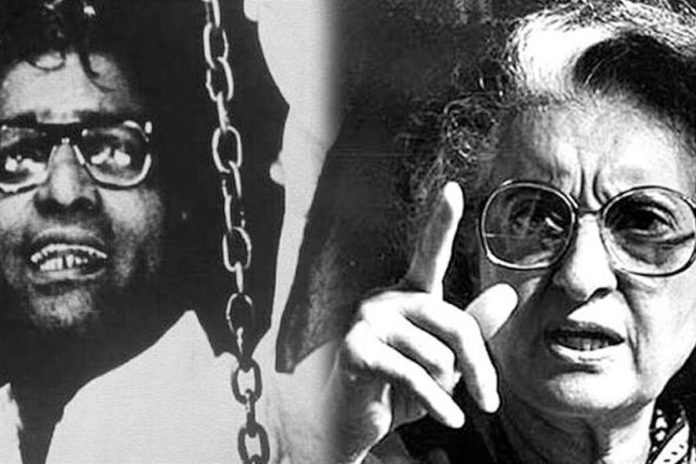Remembering the Emergency: On June 25, 1975, Prime Minister Indira Gandhi imposed a 21-month state of emergency in India to suppress civil liberties. Article 352 of the Indian Constitution allows the President to declare an Emergency in case of a severe threat to the nation’s security, whether due to war, external aggression, or armed rebellion.
Here’s what you need to know about the 1975 Emergency:
Indira Gandhi announced the Emergency during a broadcast on All India Radio late on June 25, 1975, after the Supreme Court issued a conditional stay on the Allahabad High Court’s ruling that invalidated her election to the Lok Sabha. The Supreme Court had instructed Gandhi to abstain from parliamentary activities. In her midnight address to the nation, Gandhi stated, “The President has proclaimed Emergency. There is nothing to panic about,” which led to the arrest of many opposition leaders. She asserted that a significant conspiracy had been underway since she began implementing progressive measures to benefit the common people of India.
Gandhi’s Congress Party had won the 1971 Lok Sabha elections decisively, securing 352 out of 521 seats. Her popularity was high, bolstered by the successful liberation of Bangladesh from Pakistan in December 1971. However, India faced significant unrest, including the Navnirman student agitation in Gujarat, Jayaprakash Narayan’s (JP) movement in Bihar, the Railway strike led by George Fernandes in 1974, and the Allahabad High Court’s June 12, 1975, decision declaring Gandhi’s election invalid.
The Congress Party’s loss in the Gujarat elections to a coalition and the opposition’s rally at the Ramlila Ground in Delhi on June 26, 1975, added pressure on Gandhi, contributing to the Emergency declaration. JP called for a national movement to oust Gandhi as Prime Minister, and there were demands within Congress for her removal. Following the Emergency, opposition leaders such as JP, L.K. Advani, Atal Bihari Vajpayee, Morarji Desai, and numerous activists were imprisoned. The Emergency period was marked by significant abuses, including forced sterilizations, press censorship, suspension of constitutional rights, and the centralization of power.
Unexpectedly, Gandhi called for elections on January 18, 1977, just as abruptly as she had imposed the Emergency. The general elections were conducted from March 16 to March 20, and the Emergency officially ended on March 21, 1977.

